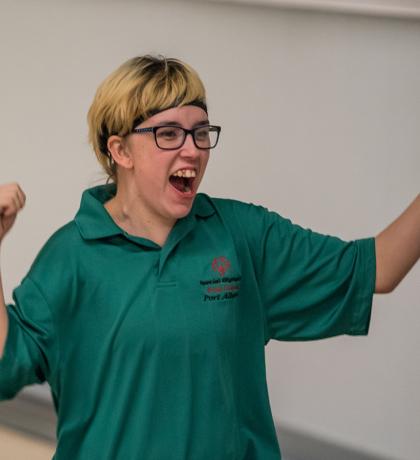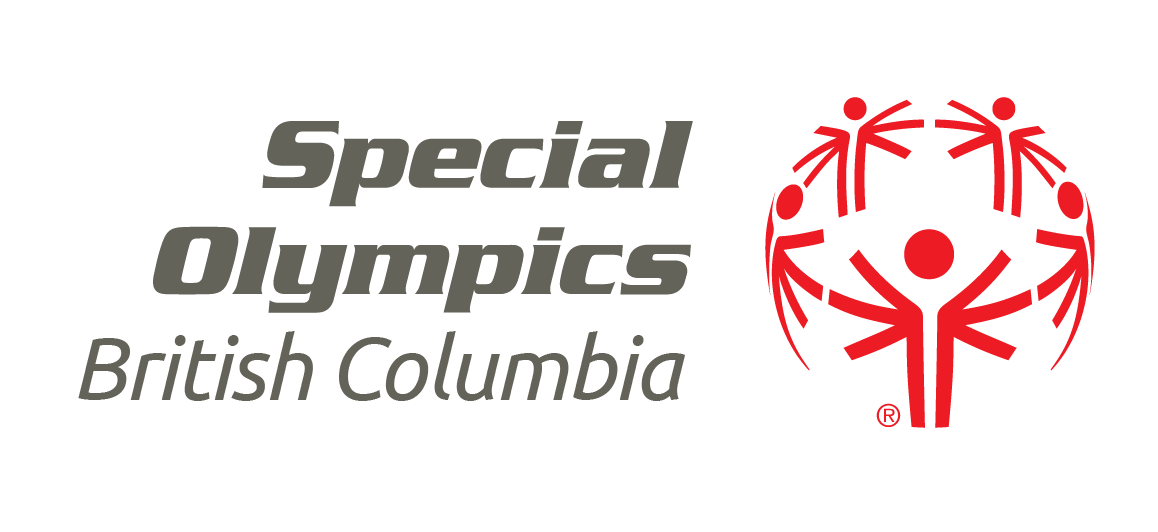
In celebration of the 50th anniversary of Special Olympics, we took a look back at the #50moments that have defined the Special Olympics movement here in B.C. and throughout the world.
Back then, at the founding of the Special Olympics movement in 1968, there was one event. There were 1,000 athletes with intellectual disabilities from two countries. There was a spirit of hope for change, but out in the wider world, there was a climate of separation and isolation, prejudice and misunderstanding. Too many people with intellectual disabilities were forgotten, hidden away, shunned, or worse.
Today, there are more than 5.1 million Special Olympics athletes in 174 countries, including more than 5,200 amazing athletes in B.C. There are empowering year-round programs in a wide variety of summer and winter sports. There are fun and welcoming youth programs for children, and health initiatives changing the significant discrepancies faced by individuals with intellectual disabilities. There’s a massive network of vital volunteers, sponsors, families, and fans making all of this possible. But there is still too much discrimination in the world at large, too many attitudes that need to be changed.
In the future, we can see Special Olympics athletes and champions leading the way to inclusion and respect for all. Using sport to turn the spotlight on the abilities of individuals with intellectual disabilities and change the world, Special Olympics athletes and supporters like the Unified Generation will achieve the inclusion that our world needs.
Our mission is as relevant today as it was almost 50 years ago when Special Olympics was founded. Sport is still the primary way Special Olympics achieves change, and we know that the impact and benefits of sport are multi-dimensional. Special Olympics develops healthier athletes with lifelong physical fitness habits that instill confidence, self-esteem, and other life skills. These attributes extend far beyond the field of play and establish lasting positive impacts for athletes, their families/caregivers, and their communities.
Through sport, we challenge and change society. By drawing attention to the abilities of people with intellectual disabilities, we break down misperceptions and tackle negative attitudes. By highlighting how the needs of people with intellectual disabilities are not being met, we expose inequity and exclusion. The focus for Special Olympics BC therefore needs to be bringing more athletes to the movement and providing high-quality sport experiences that help create positive attitudes and bring about permanent change towards inclusion of people with intellectual disabilities.
While Special Olympics BC has made tremendous impact, we clearly have much more to do if the estimated 69,000 British Columbians with intellectual disabilities (approximately 1.5 per cent of the population) are to be fully included in communities. Ours is an important mission, and we must continue to provide opportunities that enable everyone to embrace people with intellectual disabilities as full members of society. When we do that, we show that when given the opportunity, individuals with intellectual disabilities can and will achieve great things!
See where we’re going together
Together, we are better, we are stronger, and we can do anything. Here at the end of the yearlong celebration of the 50th anniversary of the global Special Olympics movement, we are coming together to take the Inclusion Revolution to the next level. Will you join us?
Take the Inclusion Revolution pledge
#ChooseToInclude on Saturday July 20 with Tim Hortons
As we are closing the Special Olympics 50th anniversary celebration year, this is Special Olympics BC’s last #50moments story. We hope you’ve enjoyed the trip down memory lane and are excited about the future! Please click here to find the full series
